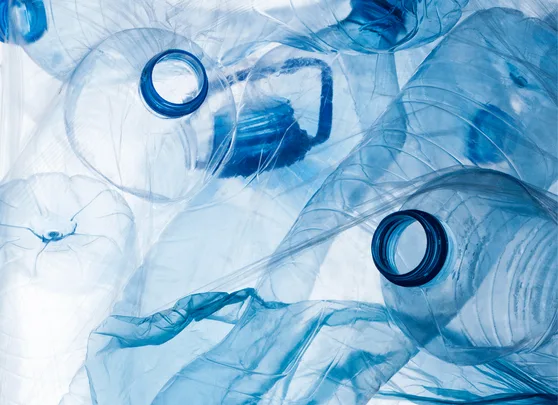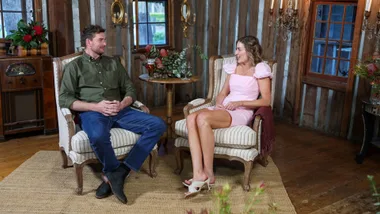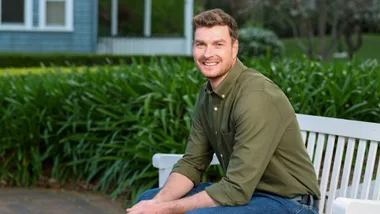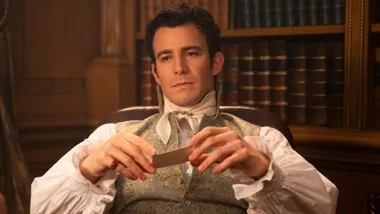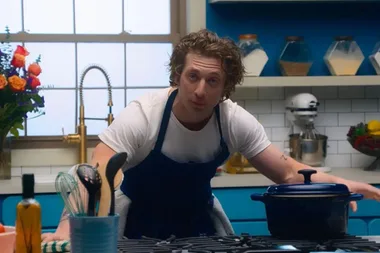Right now, there is something of a beauty revolution going on. And it’s all to do with saving our seas. To help turn the tide against an ocean in crisis, beauty brands are taking on the challenge of sustainability and finding ways to reduce their production of single-use plastic. And it can’t come soon enough. One sobering statistic: experts claim that personal care and beauty products account for up to one-third of all land fill waste.
Since plastic became widely used in the ’60s, many of our beauty products have been lovingly housed in beautifully designed plastic packaging. The issue is, when we as consumers have come to the bottom of our favourite tub of night cream, or traded in our favourite mascara for a new one, we toss out the empties. These inevitably make their way into either landfill or our waterways, resulting in an ocean awash with discarded bottles, tubes and tubs.
Often, even if we attempt to recycle our products, difficult-to-recycle packaging or our own recycling mistakes can see our empty beauty packaging going into landfill, regardless of the bin we throw it in.
“Make sure your recyclables are washed. If you put an unwashed recyclable container into the bin, it goes straight into landfill.”
Kevin Murphy, Founder of Kevin. Murphy
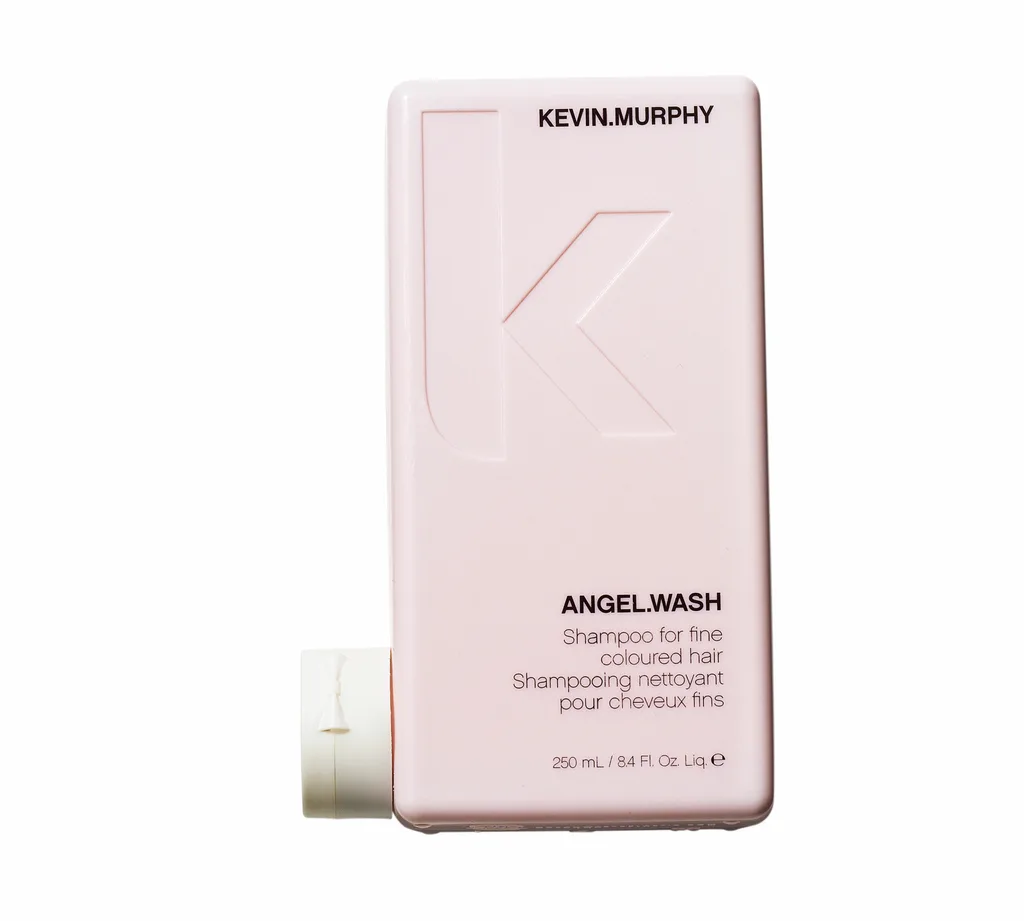
Kevin.Murphy Angel Wash Shampoo (using OWP), ($39.95; at adorebeauty.com.au )
So lets have a look at the numbers. According to the ABC, there are five trillion pieces of plastic sitting on or near the ocean surface, while a Natural History Museum study reports there is an estimated four billion microscopic plastic fibres littering every square kilometre of deep-sea sediment, even in areas previously thought to be uninhabited by humans.
Even more alarming, according to a recent WWF report, nearly half of all plastic products clogging the world today have been manufactured since 2000.
Based on figures in a 2015 Science journal article, each year between 4.8 and 12.7 million metric tonnes of waste plastic is entering our ocean. And things are getting worse. By 2050, scientists predict that there will be more plastic than fish in the ocean.
“It’s the equivalent of a garbage truck full of plastic being dumped into the ocean every minute,” says Kevin Murphy, founder of Kevin.Murphy haircare, a beauty brand at the forefront of ocean conservation.
At an individual level, tossing out one or two shampoo bottles and a face cream tub a month perhaps doesn’t seem like the end of the world. But our ocean crisis is an issue of accumulation.
“If you think about every piece of plastic that you’ve ever owned, even the toothbrush that you had as a child, it’s still here,” says Murphy. “The plastic hasn’t gone anywhere, it has just been stockpiling.”
On average, we consume 53 kilograms of plastic each a year; that’s a collective total of more than 300 million tonnes of plastic waste. If we keep going the way we are right now, by 2030 our annual personal consumption of plastic is predicted to double. And the brunt of the impact will be on our oceans.
Thankfully, things are starting to change. Beauty brands are becoming more environmentally responsible and doing their bit to curb the production of virgin plastic. This year, Murphy swapped all of his brand’s plastic packaging over to 100 per cent recycled waste plastic.
“My brand alone creates 1.5 million pieces of plastic a year,” says Murphy. “Every shampoo bottle I’ve made is still here, so there’s that real guilt factor.”
The haircare brand has always been recyclable and reusable but Murphy and his business partner Peter McDonald were passionate about a switch to ocean waste plastic. “Peter is a surfer and he’s got kids, so he doesn’t want them to be surfing in that sort of environment. He was really keen to do it.”
The results have been impressive. “We produce 56 per cent less greenhouse gases because we’re not making packaging out of virgin plastic,” says Murphy. “All we’re doing is shredding waste plastic so it can be used again and again and again.”
Every piece of Murphy’s reclaimed plastic is certified and verified and sorted by colour, so that no additional dyes need to be used. “My company alone will be able to lift over 360 tonnes of ocean waste from the oceans each year,” says Murphy.
Waste mismanagement accounts for about one-third of all plastic waste going directly into the natural landscape, freshwater ways or marine waters.
It is for this reason that skincare brand Simple’s face wipes are now biodegradable. “Globally, landfills today do not have a ‘best practice’, causing many of our waste products (including food waste) to accumulate in land ll and not break down,” says Kirti Sharma research and development chemist at Unilever. “By offering a 100 per cent natural fabric [via Simple], we have started on our journey to o er face wipes that biodegrade or compost for a lesser environmental footprint.”
Face wipes are an unexpected waste management issue. Traditional wipes are created with a blend of natural and synthetic polyester fibres, which renders the entire wipe non-biodegradable. Created from plant-based fibers and wood pulp, this new biodegradable wipe was not easily achieved. “It took us five years to deliver a biodegradable wipe,” says Sharma, who is now working on reducing Simple’s plastic packaging and increasing the use of recyclable or retrievable packaging.
Australian brand Endota is also a brand making big pledges towards the environment. “Waste is a major problem for the planet,” says Alana Adkins, brand and product marketing manager at Endota. “Our evolving mission at Endota is to be a leader in sustainability and develop best environmental practices in line with our core belief of living mindfully in connection with nature.”
Endota has always had a focus on sustainability, using recyclable materials and minimising packaging. “We package all our products in eco-friendly containers that do not add to the waste stream, or aren’t complicated to recycle,” says Adkins.
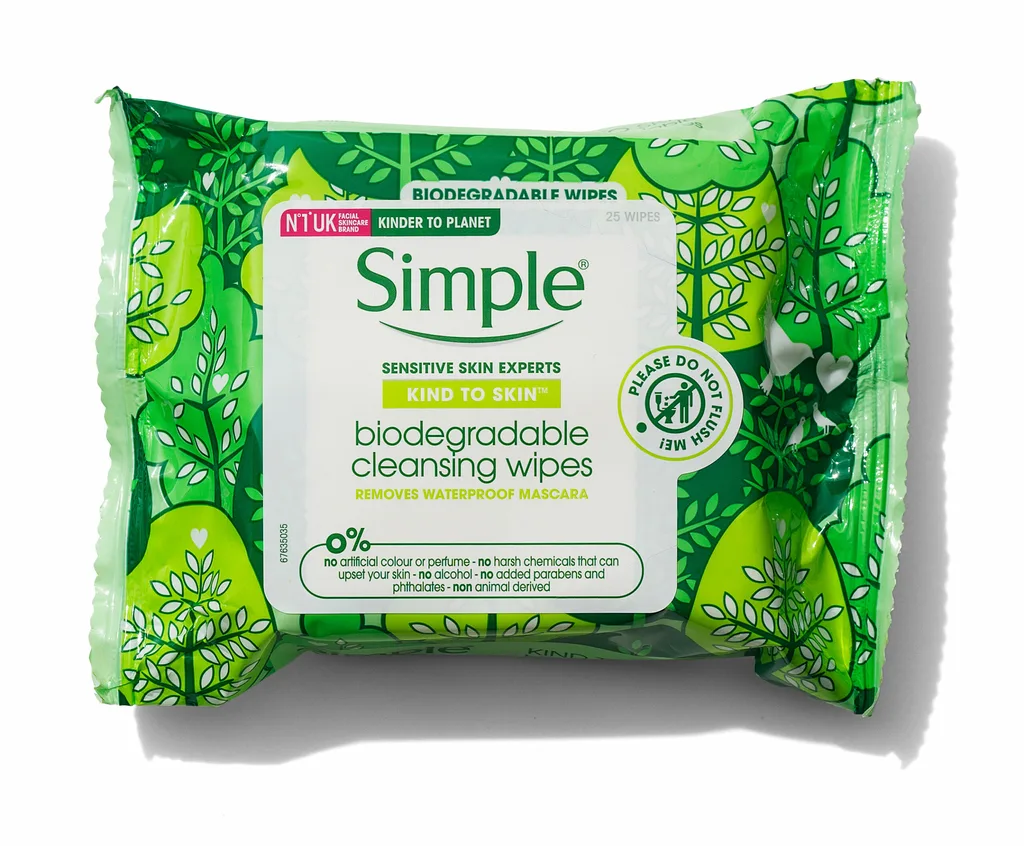
Simple facial wipes, ($7.49; at priceline.com.au)
This includes the packaging we don’t see as consumers. “We have ceased using any plastic with our deliveries,” says Adkins. “We are now using recycled cardboard, paper and biodegradable vegetable material to protect products.”
And today Endota is taking that pledge one step further with packaging that contains ocean waste plastic. “The plastic is derived using rubbish collected from the Pacific Ocean, plus vessels derived from sugar cane bioplastic,” says Adkins. “This creates a smaller carbon footprint during production and is 100 per cent recyclable.” The brand’s first product to include this packaging will be a natural zinc SPF, which will launch in late October.
And it’s not only natural brands making changes. Medik8 is a science-led brand changing things up for the good of our oceans. In 2018, it switched its glass bottles to contain 40 per cent recycled glass. The brand also removed all plastic inserts from outer packaging and replaced them with recycled card, saving more than three tonnes of plastic every year and making them completely recyclable.
Thankfully, technology is catching up so that we can enjoy our shampoo and night cream without the guilt. “I want to make it easy for people,” says Murphy. “I don’t want to disrupt their lifestyle. I want to be modern and have consumers know that we can wash our hair while having confidence [in our ocean’s future] at the same time.”
Much of our ocean’s fate comes down to consumer choice. If we choose brands doing something for the environment, we truly can make a difference to the future of our seas. One empty bottle at a time.
Brands Doing Good
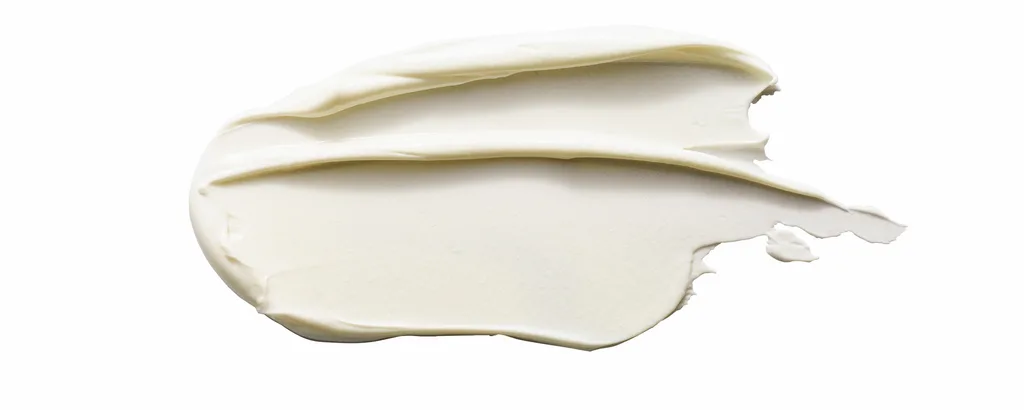
Endota
Endota Natural Clear Zinc SPF50, $35.
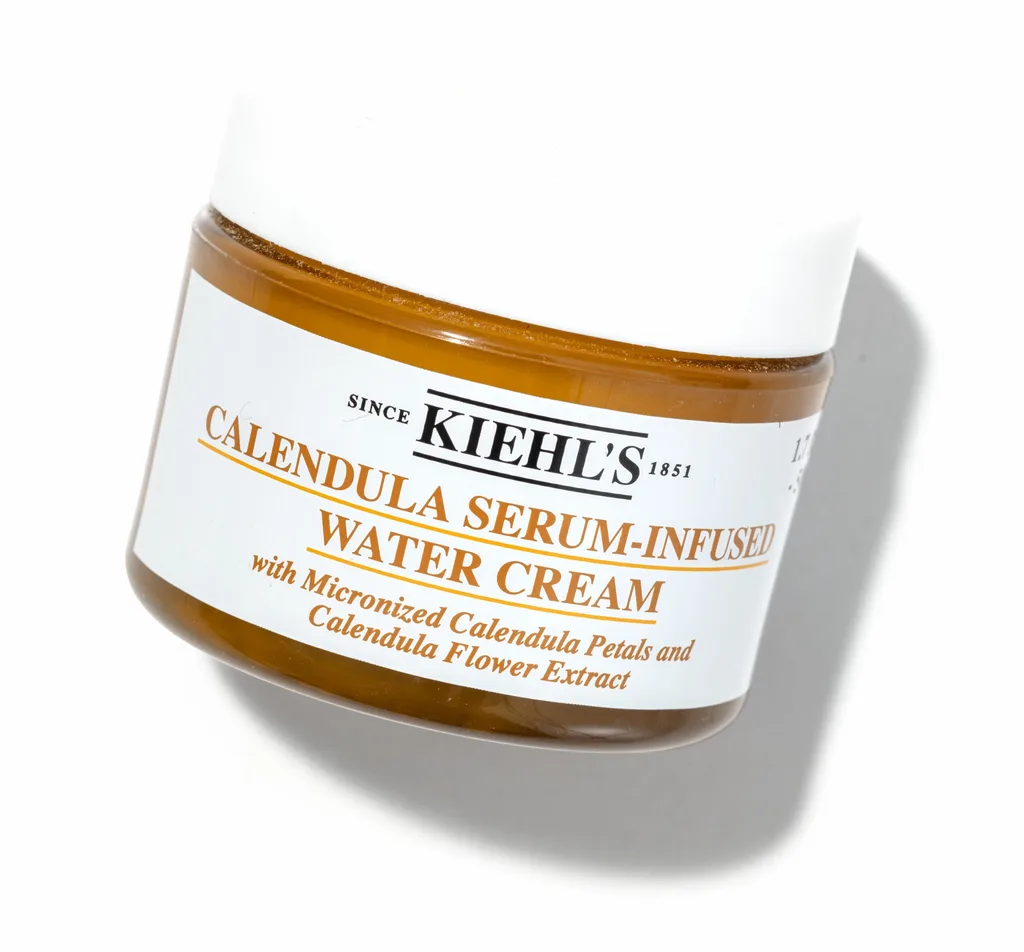
Kiehl’s
Kiehl’s Recycle and Be Rewarded! program in its retail stores encourages consumers to return empty Kiehl’s bottles and jars in exchange for more Kiehl’s goodies. These empties are then recycled by TerraCycle, which turns the plastic into things such as playground equipment.
Kiehl’s Calendula Serum-Infused Water Cream, ($65; at mecca.com.au)
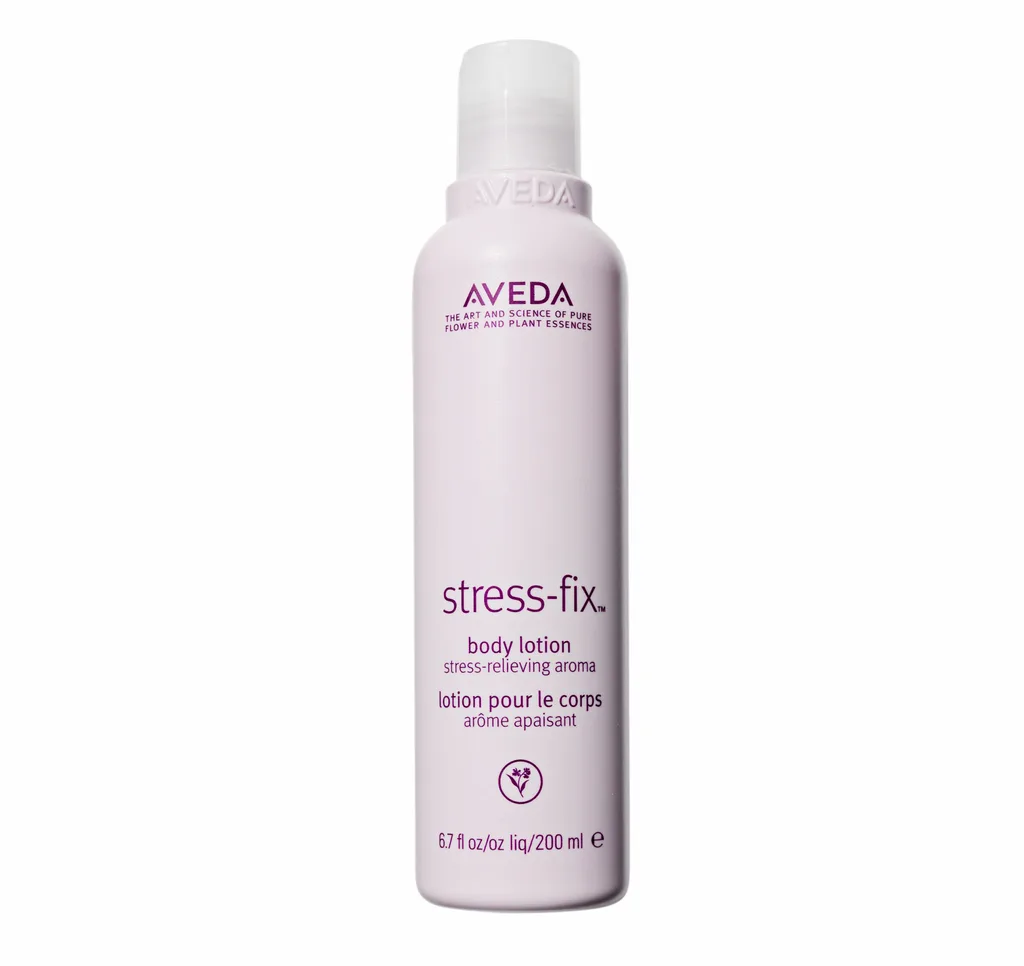
Aveda
Having raised $60 million for environmental initiatives since 1999, Aveda is a true pioneer of environmental sustainability. They were the rst beauty brand to use 100 per cent post-consumer recycled PET and the rst to use wind power to manufacturer its products. The brand uses PCR material where possible, with two of its items (right) packed in 100 per cent PCR HDPE bottles.
Aveda Stress-Fix Body Lotion 200ml, ($50; at aveda.com.au)
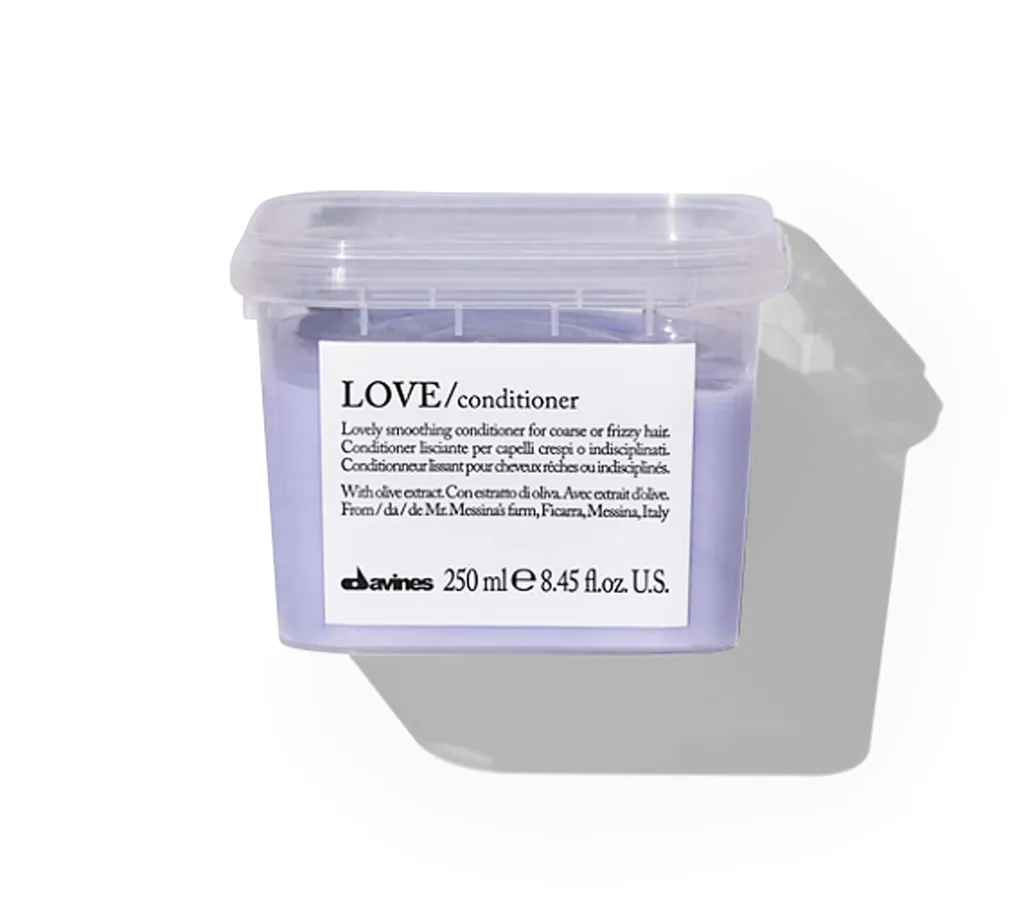
Davines
Made from environmentally friendly packaging, this haircare brand boasts conditioner tubs that use minimal plastic and are 100 per cent carbon neutral. They are also designed to be repurposed – perhaps as a plant pot or a box for hair clips and ties.
Love Conditioner, ($37.95; at ozhairandbeauty.com)
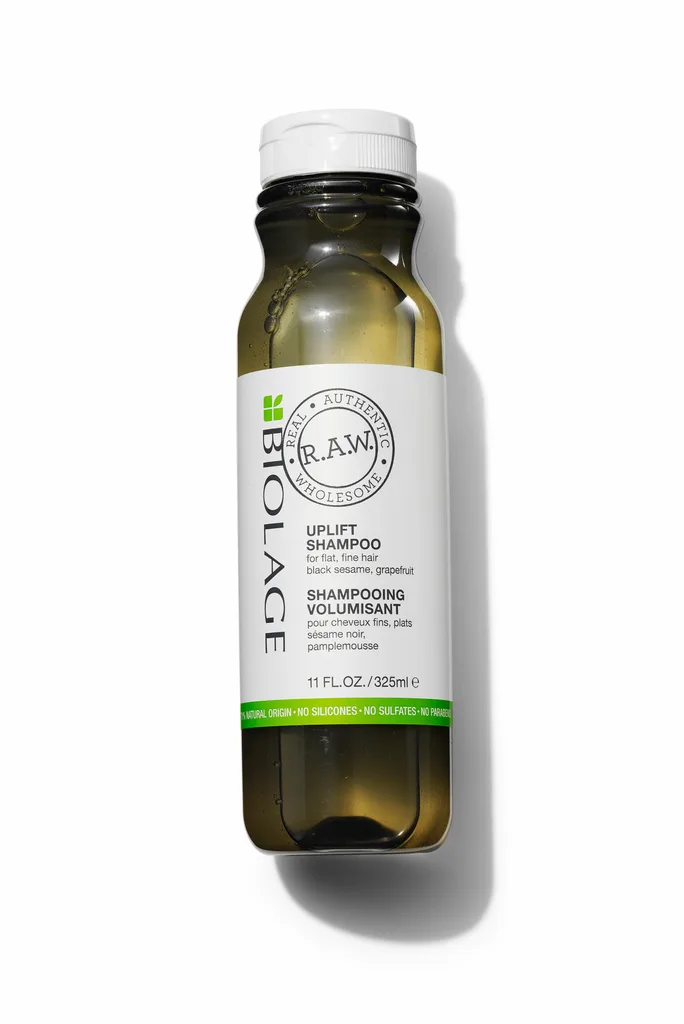
Biolage
Manufactured using 100 per cent carbon-neutral solar energy, this natural haircare range uses 100 per cent recycled plastic bottle packaging and all its products are 99 per cent biodegradable. Between 70 and 99 per cent of all ingredients in the R.A.W range are of natural origin.
Biolage R.A.W. Uplift Shampoo, ($38.95; at hairhousewarehouse.com.au)
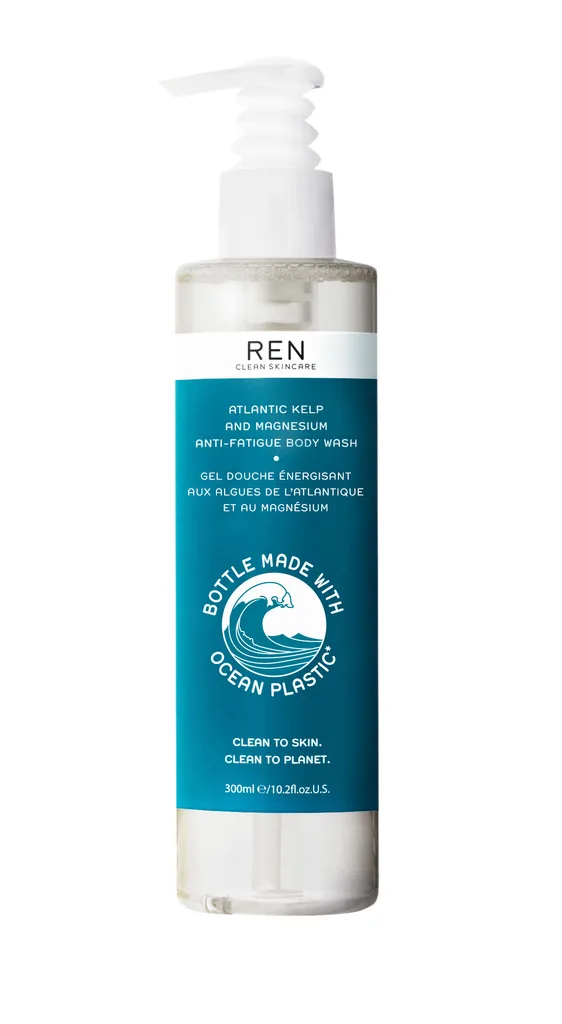
Ren
This much-loved body wash now comes in a bottle made from 100 per cent recycled plastic bottles, 20 per cent of which is reclaimed ocean plastic.
Ren Atlantic Kelp and Magnesium Anti-Fatigue Body Wash, ($43; at mecca.com.au)
